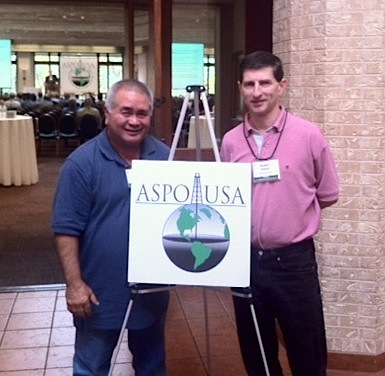Richard Ha writes:
Here in Hawai‘i, Robert Rapier is probably our foremost resource for energy knowledge, and I tell that to as many policy people as I can. He’s a good friend of mine.
He has the important ability to break down complex issues so the average person understands it. He was the lead speaker on the second day of this year’s Association for the Study of Peak Oil (ASPO) conference.
Robert is fearless. He calls it like it is.
The 2011 ASPO conference video is still current and it makes common sense. In it, Robert talks about why field-grown biofuels are likely not a solution to our energy problems. The video is well worth watching:
Robert Rapier: Navigating a New Energy Reality – Concepts and Principles
Robert has three main tenets.
- We must transition from fossil fuel with urgency. For electricity, the Big Island’s best bet is geothermal and biomass-firewood.
- We need to develop systems with a much lower fossil fuel dependency. That is why field-grown biofuel crops are such a problem. They depend on fossil fuels so much that their breakeven point moves further away as oil price rise. People who analyze field-grown biofuels call that “the receding horizon.
- We must take care of our topsoil.
It sounds simple, but there is a lot of deep thought behind what Robert says.
Read more detail about his three tenets here: Setting the Ethanol Record Straight
Food and energy are intimately intertwined. What solves our electricity problems are biomass and geothermal; both result in stable, low-cost electricity that is not tied to fossil fuel. Low-cost base power for electricity beats high cost electricity every time.
Things may change in the future. But for now we need to remember that proven technology is proven.

